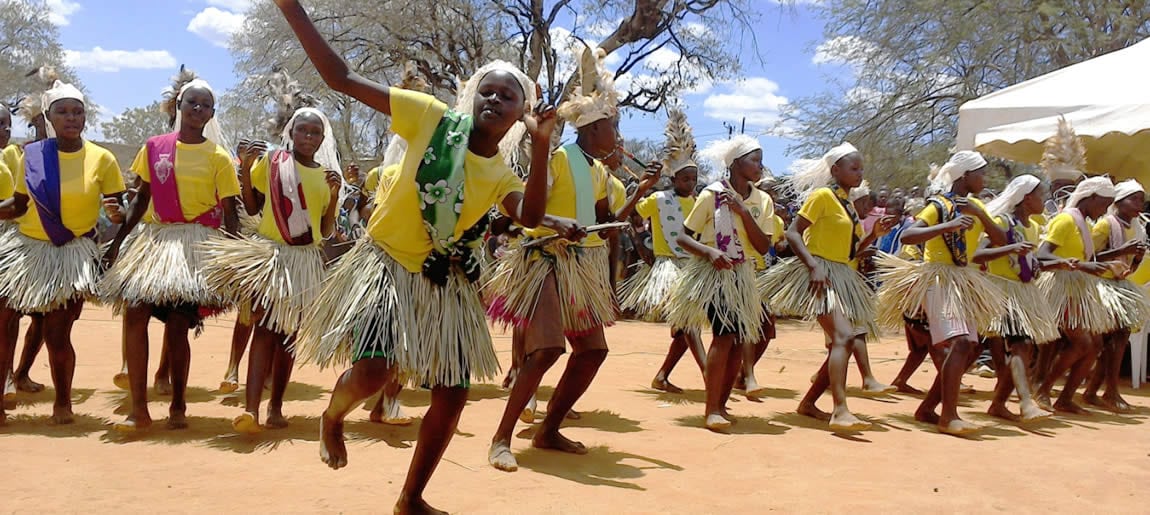Many of us living in the US are lucky enough to have never heard of the practice known as female circumcision, or female genital mutilation (FGM). FGM includes a variety of gruesome practices that involve cutting, stitching and other trauma to a girl’s genital area. Different communities and cultures have different reasons for carrying out this practice. The reasons are often complex and can change over time. Social acceptability is the most common reason. Girls often feel pressured to be cut by their communities so they can be considered as a woman and suitable for marriage.
For the girls, however, it is incredibly painful, traumatic, and results in numerous negative health consequences that last decades. In some cases, the girls die from infections and other complications. Kenya recently banned the practice, but it continues to be legal in many other countries.
According to UNICEF in 2016, more than 200 million girls and women alive today have been cut in 30 countries in Africa, the Middle East, and Asia where FGM is concentrated. In some countries where Zoe Empowers works, girls vulnerable to FGM often join ZOE. To prevent and combat this practice, ZOE’s curriculum in these areas includes facilitating alternative rites of passage for the girls in the program and their communities. These practices include dancing, celebrations and other traditional practices that can mark a girl’s coming of age without mutilation or harm.
Last September, United Nation Member States adopted the 2030 Agenda for Sustainable Development that defined 17 specific goals to eliminate poverty by the year 2030. For the first time, the United Nations included in the goals one that explicitly names FGM an instance of a “harmful practice” that should be eliminated to achieve gender equality and women’s empowerment. This week at the United Nations Headquarters in New York, women from all around the world will come together for the sixtieth session of the Commission on the Status of Women. Their priority will be to discuss the elimination and prevention of all forms of violence against women and girls.
ZOE is addressing FGM in powerful and effective ways throughout all of its countries where FGM is practiced. In Kenya, the practice is more prevalent in some communities than others. For example, 96% of the Kisii women and 73% of the Maasai women engage in the rite of passage or FGM. In Liberia, 50% of all women are still undergoing the ceremony. Statistics are difficult to acquire, as those who undergo circumcision do not typically discuss the practice.
Soon, you will be able to read part 2 of our series about the how ZOE is helping to eliminate FGM. Above, Zoe Empowers girls dance as part of a local International Day of the Girl Child celebration, at which local communities were educated about safe alternatives to FGM.
For as little as $10 a month, you can support a girl to be part of a Zoe Empowers working group where she will exercise her right to an alternative right of passage.
